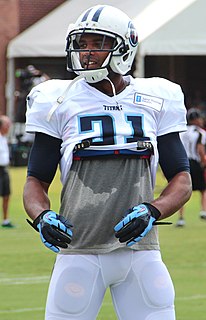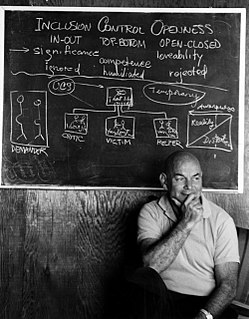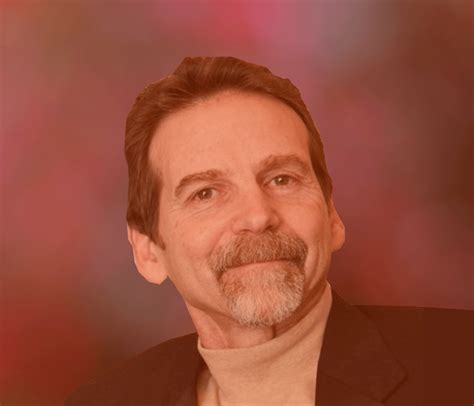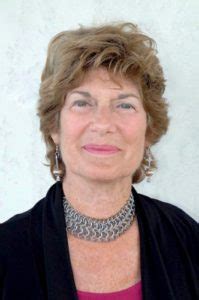A Quote by Geoff Mulgan
With a fractured sense of self, we come to depend on what people feed back to us - often mediated through social networks - not what we are. We have complex identities but may become less able to act as a subject - confident in what we really are.
Related Quotes
The character truest to itself becomes eccentric rather than immovably centered, as Emerson defined the noble character of the hero. At the edge, the certainty of borders gives way. We are more subject to invasions, less able to mobilize defenses, less sure of who we really are, even as we may be perceived by others as a person of character. The dislocation of self from center to indefinite edge merges us more with the world, so that we can feel blest by everything.
A false identity is any lie that contradicts our God-given identities through Scripture. These false identities can be created by ourselves because of sin in our lives, choices made, or wrong turns taken and the regret, guilt, and shame that follows. Other false identities are handed to us by outside sources, maybe a damaging word spoken to us by someone or a childhood of abuse. However, not all false identities are negative on the surface, such as successful, attractive, wealthy, athletic, or talented. But even those identities can become false when we place too much of our weight on them.
Anybody who is a professional athlete who has a social media account on any of the networks, when they sign up for that account, they subject themselves to all of the criticisms and all of the praises that may or may not be out there. So you can't get on social media and complain about the people because that's what you know you're dealing with. You have to hear it. You don't have to respond. Me personally, I don't respond to the negativity. It's gonna be there. I read it. It keeps me grounded.
How I feel about and behave toward myself is the basic determinant of most of my behavior. If I improve my self-regard, I will find that dozens of behaviors change automatically. If, for example, I increase my feelings of self-competence, I will probably be less defensive, less angered by criticism, less devastated if I do not get a raise, less anxious when I come to work, better able to make decisions, and more able to appreciate and praise other people.
I often think that the ideal of our perfection that we set up, and often go through torture to achieve, may not be God's idea of how He wants us to be at all. That may be something quite different that we never would have thought of, and what seems like a failure to us may really be something bringing us closer to His will for us.
I think the invitation offered the non-black reader is to join us in this expression of our familiarity and via that joining, come to understand that when black people come together to celebrate and rejoice in black critical thinking, we do so not to exclude or to separate, but to participate more fully in world community. However, we must first be able to dialogue with one another, to give one another subject-to-subject recognition that is an act of resistance that is part of the decolonizing, anti-racist process.
Consequential strangers help us stretch beyond the relatively rigid boxes that the people who have known us the longest - our family and close friends - often put us into. Through interacting with people who do not know us as well, we are more free to experiment with ourselves, and less likely to have our new behaviors and roles reflected back to us by people who object, 'But that's not like you!'
Mathematics is often erroneously referred to as the science of common sense. Actually, it may transcend common sense and go beyond either imagination or intuition. It has become a very strange and perhaps frightening subject from the ordinary point of view, but anyone who penetrates into it will find a veritable fairyland, a fairyland which is strange, but makes sense, if not common sense.




































